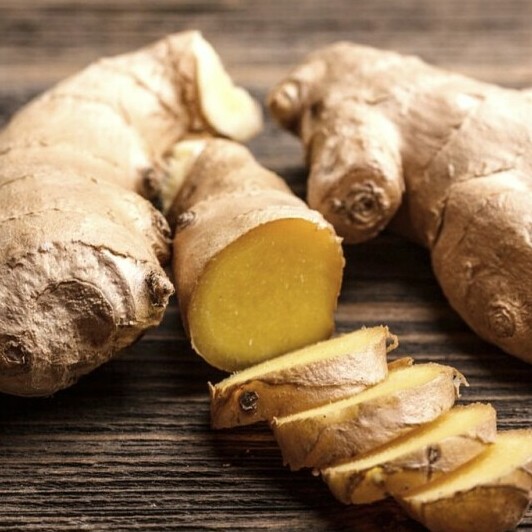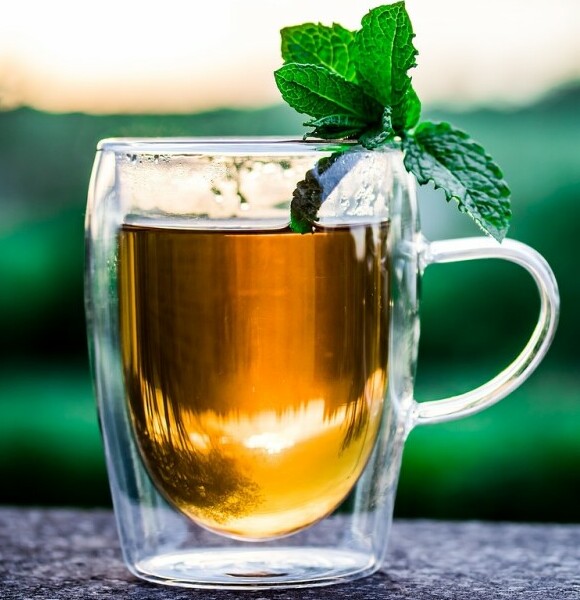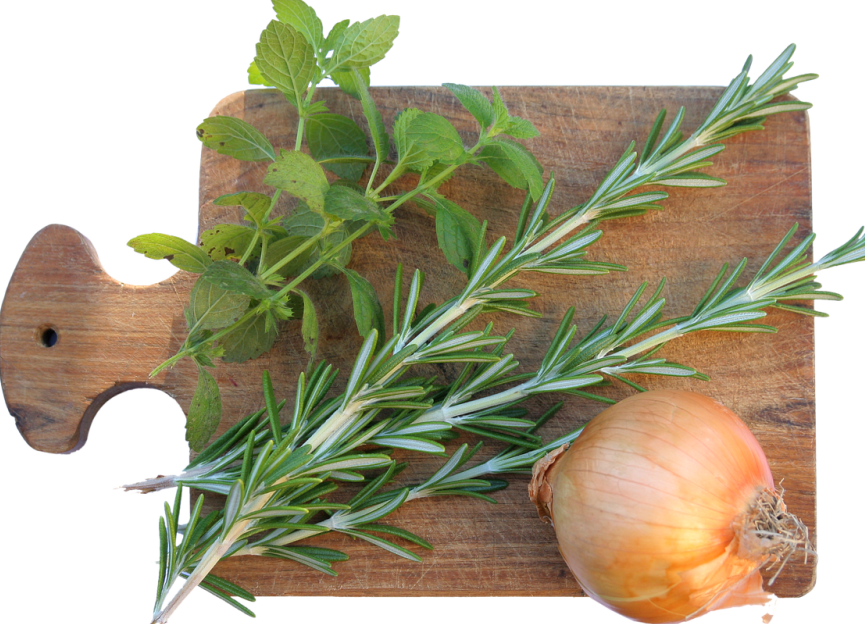In today’s world, many people are turning back to nature to find solutions for their health and wellness. Herbs are among the most popular natural remedies, and various cultures have used them for thousands of years for their medicinal properties. This article explores the best herbs for health, offering insights into their benefits and how to incorporate them into your daily routine.
The Power of Herbs
People use herbs not only to flavor food but also to support health in numerous ways. They contain a plethora of vitamins, minerals, antioxidants, and bioactive compounds that can help in managing a range of health conditions. From boosting the immune system to improving digestion and reducing inflammation, the best herbs for health have something to offer everyone.
As the owner of this website and to save you time I have hand picked a selection of beneficial wellness products that have not only received great reviews, they are also great value. I receive a small commission from every sale but this does not affect the price you pay. Full Disclosure
Top 10 Best Herbs for Health
Turmeric
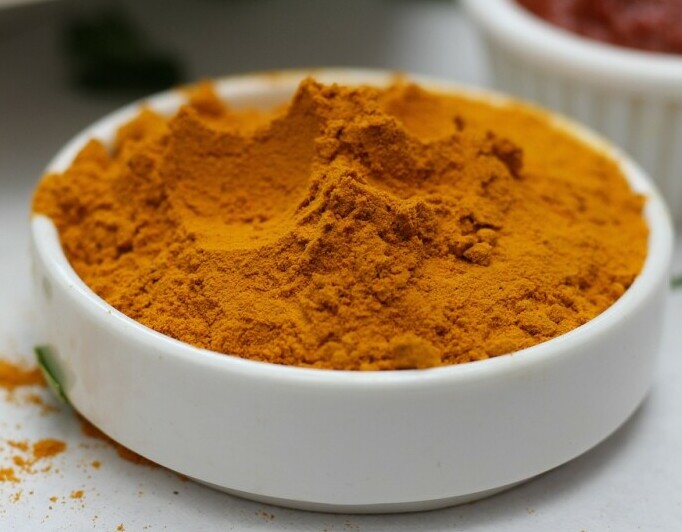
Turmeric, a vibrant yellow spice commonly used in Indian cuisine, has gained renown for its powerful anti-inflammatory and antioxidant properties. Researchers have extensively studied curcumin, the active compound in turmeric, for its ability to combat chronic inflammation, which scientists link to many chronic diseases, including heart disease, cancer, and Alzheimer’s.
How to Use: Add turmeric to curries, soups, and smoothies. For better absorption, combine it with black pepper and healthy fats like olive oil or coconut oil.
2. Ginger
Another potent herb known for its anti-inflammatory and antioxidant effects is ginger.It is particularly effective in treating nausea, including morning sickness and chemotherapy-induced nausea. Ginger can also help reduce muscle pain and soreness, improve digestion, and fight infections.
How to Use: To use fresh ginger, grate it into teas, smoothies, and stir-fries. Ground ginger is a versatile spice for baking and cooking.
3. Garlic
Garlic is a powerful herb with a long history of medicinal use. It is well-known for its ability to boost the immune system, thanks to its rich content of sulfur compounds, including allicin. Garlic can help lower blood pressure, improve cholesterol levels, and reduce the risk of heart disease.
How to Use: Use raw garlic in dressings, dips, and salsas. Cooked garlic adds depth to a variety of dishes, from soups and stews to pasta and roasted vegetables.
4. Echinacea

People commonly use Echinacea to prevent and treat the common cold. It has immune-boosting properties and can help reduce the duration and severity of colds and other upper respiratory infections. Many believe that Echinacea also has anti-inflammatory and antioxidant effects.
How to Use: Echinacea is available in various forms, including teas, tinctures, and capsules. Follow the dosage instructions on the product label.
You may want to try Elderberry & Echinacea Tea
As an Amazon Affiliate I earn from qualifying purchases.
5. Peppermint
People use peppermint for its digestive benefits, helping to relieve symptoms of irritable bowel syndrome (IBS) such as bloating, gas, and abdominal pain. Research shows that peppermint oil, in particular, relaxes the muscles in the digestive tract, improving overall digestive function.
How to Use: Drink peppermint tea, use peppermint oil in aromatherapy, or add fresh peppermint leaves to salads and desserts.
6. Ashwagandha

Ashwagandha, also known as Indian ginseng, is an adaptogen that helps the body cope with stress. Research indicates it reduces cortisol levels, lowers anxiety and depression, and enhances brain function. Ashwagandha also boosts physical performance and stamina, making it popular among athletes.
How to Use: To use ashwagandha, add it to smoothies, teas, or take it as a supplement in powder, capsule, or tincture forms.
You may want to try Ashwagandha KSM 66 Complex – 3000mg Enhanced with Amino Acids & Vitamin B6 for Sleep Aid & Calm (2 Month Supply) – Capsules with 250mg Extract, Upgraded Formula – Vegan
As an Amazon Affiliate I earn from qualifying purchases.
7. Milk Thistle

Milk thistle is a powerful herb for liver health, known for its active ingredient silymarin, which possesses antioxidant and anti-inflammatory properties that protect the liver from toxins and promote the regeneration of liver cells. Many use milk thistle to support liver function and detoxification.
How to Use: To use milk thistle, you can find supplements widely available or consume it as a tea.
You may want to try Vitaminnica Milk Thistle | 80% Silymarin | Support Liver Health | 60 Capsules | Detox Supplement for Men and Women
As an Amazon Affiliate I earn from qualifying purchases.
8. Chamomile

Its calming and soothing effects make chamomile well-known. People commonly use it to promote relaxation and improve sleep quality. Chamomile also has anti-inflammatory, antioxidant, and antimicrobial properties, making it beneficial for a variety of health conditions, including digestive issues and skin irritations.
How to Use: Chamomile tea is the most popular form. Many use in skin care products and essential oils.
You may want to try Teapigs Chamomile Tea Made With Whole Flowers (1 Pack of 50 Tea Bags)
As an Amazon Affiliate I earn from qualifying purchases.
9. Rosemary
Rosemary, an aromatic herb with a range of health benefits, contains antioxidants and anti-inflammatory compounds that boost the immune system and improve blood circulation. People use rosemary for its known ability to enhance memory and concentration.
How to Use: To use rosemary, add fresh or dried leaves to meats, vegetables, and bread. People use Rosemary oil in aromatherapy as well.
10. Lavender
People celebrate lavender for its calming and relaxing properties, commonly using it to alleviate stress, anxiety, and insomnia. Lavender oil possesses antimicrobial and anti-inflammatory properties, making it useful for treating skin conditions and minor wounds.
How to Use: To use lavender, incorporate it into teas, essential oils, and bath products. You can apply lavender oil topically for skin issues or use it in aromatherapy.
Incorporating Herbs into Your Daily Routine
Incorporating the best herbs for health into your daily routine is not only beneficial but also easier than you might think. Start with these tips:
- Herbal Teas: Enjoy a cup of herbal tea daily. Options such as chamomile, peppermint, and ginger not only offer delicious flavors but also provide specific health benefits. Moreover, incorporating these herbs into your daily routine can enhance overall well-being.
- Cooking with Herbs: Use fresh and dried herbs to enhance the flavor and nutritional profile of your meals. Experiment with adding garlic, turmeric, rosemary, and other herbs to your favorite recipes.
- Herbal Supplements: Consider taking herbal supplements if you find it challenging to incorporate certain herbs into your diet. Always consult with a healthcare provider before starting any new supplement regimen.
- Aromatherapy: Utilize essential oils derived from herbs like lavender, peppermint, and rosemary for their therapeutic benefits. Diffuse them in your home or use them in a relaxing bath.
- Herbal Remedies: Keep a selection of herbal remedies on hand for common ailments. For example, ginger for nausea, echinacea for colds, and milk thistle for liver support.
How to Grow Your Own Garlic
Growing garlic is simple and rewarding. Here’s a concise guide to help you begin:
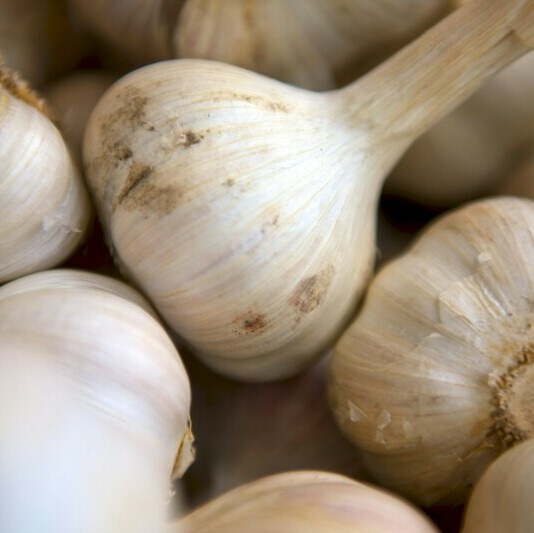
1. Choose Garlic Variety
- Softneck Garlic: Best for mild climates, has more cloves per bulb, and stores well.
- Hardneck Garlic: Suited for colder climates, has larger cloves and produces scapes.
2. Prepare the Soil
- Location Choose a sunny spot with well-draining soil.
- Soil Preparation Enrich with compost or well-rotted manure. Ideal pH is 6.0 to 7.5.
- Drainage If soil is heavy clay, use raised beds or add sand for better drainage. Clay soil is a god choice for growing garlic because it retains moisture and nutrients well, providing a fertile environment, though it requires proper amendment to improve drainage and prevent compaction.
3. Planting
- Timing Plant in the autumn, 4-6 weeks before the ground freezes, or in early spring.
- Preparation Separate the bulb into individual cloves, keeping the papery skin intact.
- Planting Depth Place cloves pointed end up, 2 inches deep, and 4-6 inches apart. Space rows about 12 inches apart.
- Spread Over Surface of Soil Cover with straw or leaves to protect from extreme temperatures and suppress weeds.
4. Care
- Watering Keep soil consistently moist but not waterlogged. Reduce watering as bulbs mature.
- Weedin Keep the area weed-free to prevent competition for nutrients.
- Fertilizing Apply balanced fertilizer in early spring when new growth appears. A balanced fertilizer for growing garlic typically has equal or near-equal proportions of the three primary nutrients; nitrogen (N), phosphorus (P), and potassium (K).
5. Harvesting
- Timing Harvest in mid to late summer when lower leaves turn yellow and die back.
- Process Loosen soil with a garden fork, lift bulbs carefully, and avoid damage.
- Curing Cure bulbs in a warm, dry, ventilated area for 2-3 weeks.
6. Storage
- Trimming After curing, trim roots and stalks.
- Conditions Store in a cool, dry, dark place with good air circulation. Avoid refrigeration.
By following these steps, you can successfully grow your own garlic and enjoy its goodness year-round.
Theres a Reason Why Our Ancestors Used Herbal Remedies
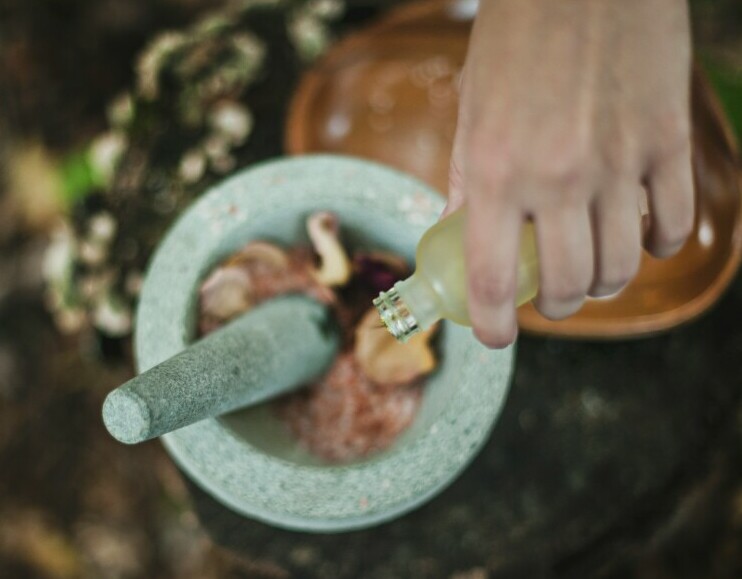
The best herbs for health offer a natural and effective way to support overall well-being. Additionally, whether you are looking to boost your immune system, improve digestion, reduce stress, or enhance cognitive function, there is an herb that can help. Furthermore, by incorporating these herbs into your daily routine, you can take advantage of their powerful health benefits and improve your quality of life.
However, while herbs can provide significant health benefits, they should not replace conventional medical treatments. It’s essential to always consult with a healthcare professional before making any significant changes to your health regime, particularly if you have existing health conditions or are taking medication.
Embracing the best herbs for health can lead to a more balanced and healthy lifestyle. Start today by exploring the wonderful world of herbs and discovering how they can enhance your health and well-being.


